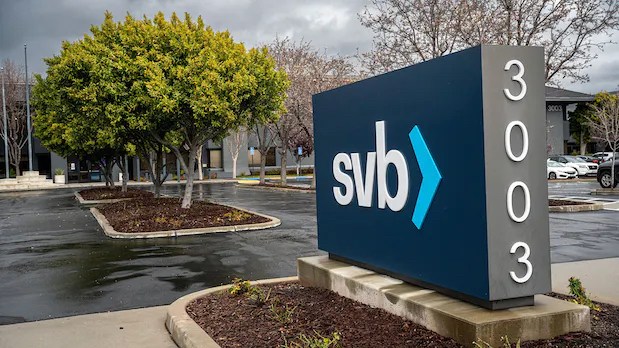
Last week, the US saw the second biggest bank closure in history, with the FDIC taking over Silicon Valley Bank. While SVB specialized in tech startups, space companies also used the bank, including Astra, Rocket Lab, and more.
Astra caught up with 15% of cash in SVB
In an SEC filing Monday, Astra announced that it had about 15% of its cash on hand and “cash equivalents” in SVB as of the closure of the bank by the FDIC. Like all FDIC banks, deposits are insured by the federal government up to $250,000, but for many companies with accounts in the banks, that might not even meet payroll needs.
Thankfully, over the weekend, the federal government said that all of the depositor’s assets would be backed by the FDIC and paid for by the fund all banks pay into, not taxpayers. In addition, it was announced that the insured amounts would be available on Monday, not just the $250,000 typically insured, but also those above that limit. However, there has been some confusion on sources on how this system will work and, like most government operations, how easy it will be.
In the SEC filing, Astra stated they are “unsure” how the closure of SVB and the company’s assets will affect its operations as it used those accounts to handle security deposits to its primary landlords. So in a perfect world, yesterday Astra’s funds would come back and have returned to normal for the short term.
For the long term, Astra is looking at diversifying its banking operations by opening accounts with new banking partners.
Astra isn’t in this alone
Other space startups like Rocket Lab, Redwire, Planet, and BlackSky banked with SVB, mostly with loans that some paid back during their SPAC mergers. Rocket Lab also wound up with about $38 million in SVB accounts that it will also need to deal with this week.
While the government has come in to rescue the harmed depositors, an unnamed space sector entrepreneur told Space News that this is still “a very serious situation.” The biggest concern is when and how they will get their funds back since there is no response from SVB’s point of contact.
What happened to SVB?
While I’m not a financial reporter, I’ll try to give you some background on what happened last week that caused SVB’s failure.
The general opinion from those in the know about SVB is that its funds were not very well diversified. As a result, many of the bonds it relied on to come to maturity and pay themselves back were underperforming. As a result, when the bank needed more cash on hand, SVB sold its bonds at a loss and attempted to recoup those losses through financing.
When financing deals didn’t pan out, many venture capitalist firms reportedly contacted their clients to withdraw their funds from SVB, causing a run on the bank. A “run” is when many of a bank’s depositors request their money back or move to another bank. Since banks don’t have all their depositor’s funds as cash readily available for withdraws, the bank could not fulfill some requests. This led to the bank being closed and transitioned over to the FDIC.
This is extremely oversimplified, but for now, there are no signs that SVB’s failure will cause companies like Astra, Rocket Lab, or Planet to fold. However, I’m sure their finance department will have some rough weeks ahead navigating the situation.
FTC: We use income earning auto affiliate links. More.




Comments